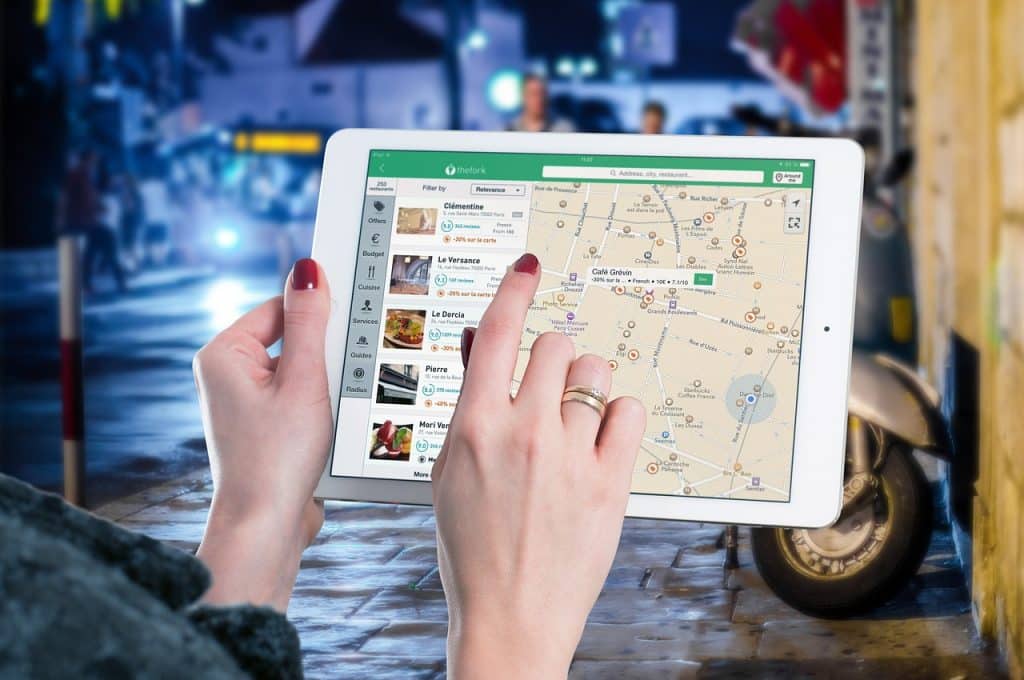
Navigating Life Transitions with Grace and Resilience
We experience various transitions ranging from exciting to challenging, and everything in between. Whether it’s retiring, ending a relationship, moving to a new city, or becoming an empty nester, life transitions can bring about a mixture of emotions and uncertainties. Coping with change can be overwhelming, and it’s common to feel lost and uncertain during these times. However, with the right strategies and mindset, navigating general life transitions can also be a catalyst for personal growth and resilience#Resilience.
Here are some essential tips and strategies to help you effectively cope with change, foster personal growth, and build resilience during life transitions:
Acknowledge and Embrace Change: Change is inevitable, and the first step in navigating life transitions is to acknowledge and accept that change is a part of life. Instead of resisting or avoiding change, embrace it as an opportunity for growth and new experiences. Allow yourself to feel the emotions that come with change, such as fear, uncertainty, or excitement, and acknowledge them without judgment.
Practice Self-Compassion: Going through a life transition can be challenging, and it’s essential to be kind to yourself during this time. Practice self-compassion by treating yourself with the same kindness, understanding, and empathy that you would offer to a friend. Be patient with yourself, allow yourself to make mistakes, and give yourself the space to learn and grow.
Focus on Personal Growth: Life transitions can provide opportunities for personal growth and self-improvement. Take advantage of this time to reflect on your goals, values, and aspirations. Set new goals, learn new skills, and challenge yourself to step out of your comfort zone. Embrace the opportunity to become the best version of yourself and use the transition as a springboard for personal growth#PersonalGrowth.
Build Resilience: Life transitions can be stressful, and building resilience is crucial to cope with the challenges that come with change. Practice self-care by taking care of your physical, mental, and emotional well-being. Develop healthy coping mechanisms, such as exercise, mindfulness, and talking to a trusted friend or therapist. Surround yourself with a supportive network of family and friends who can offer encouragement and guidance during this time.
Create a Plan and Take Action: Navigating life changes can be easier when you have a plan in place. Identify the areas that require attention during the transition and create a plan to tackle them. Break down your goals into smaller, manageable steps, and take action consistently. Having a plan in place can provide a sense of structure and direction during times of change#ChangeManagement.
Practice Flexibility and Adaptability: Life transitions often come with unexpected challenges and uncertainties. Practice flexibility and adaptability by being open to change and willing to adjust your plans as needed. Be willing to let go of old ways of doing things and embrace new perspectives and approaches. Cultivating a mindset of flexibility and adaptability can help you navigate through uncertainties with grace and resilience.
Seek Support: Going through a life transition can be overwhelming, and it’s essential to seek support when needed. Reach out to trusted friends, family, or mentors who can provide guidance, encouragement, and support during this time. Consider seeking the help of a therapist or counselor who can provide professional guidance and support in navigating the challenges of life transitions. Connecting with others who have gone through similar experiences can also provide valuable insights and perspectives.
Practice Mindfulness: Practicing mindfulness, which involves paying attention to the present moment without judgment, can be a powerful tool during life transitions. Mindfulness can help you become more aware of your thoughts, emotions, and sensations as you navigate through the changes. It can also help you develop a non-judgmental and accepting attitude towards yourself and the situation, which can reduce stress and anxiety associated with change.
Stay Positive and Practice Gratitude: Maintaining a positive mindset and practicing gratitude can help you navigate through life's transitions with a more optimistic outlook. Focus on the positives, no matter how small they may seem, and practice gratitude by expressing appreciation for the things and people in your life. Shifting your mindset towards positivity and gratitude can help you build resilience and cope with change more effectively.
Take Time for Self-Reflection: Life transitions provide an opportunity for self-reflection and introspection. Take the time to reflect on your thoughts, feelings, and experiences during the transition. Journaling, meditation, or simply taking quiet time for self-reflection can help you gain clarity, process emotions, and gain insights about yourself and the situation. Self-reflection can also help you make informed decisions and take meaningful actions during the transition.
In conclusion, life transitions are inevitable, and coping with change can be challenging.Practice self-compassion, focus on growth, build resilience, create a plan, seek support, practice mindfulness, stay positive, and reflect for ease in transitions. Embrace the opportunities for growth and self-improvement that come with change, and remember that you can overcome challenges and thrive through life's transitions. Remember to be kind to yourself and give yourself the time and space needed to adapt to the changes. With the right strategies and mindset, you can emerge from life transitions stronger and more resilient than ever.
I hope this article provides insights and strategies for navigating general life transitions with personal development. Are you ready to unlock the secrets to a purposeful lifestyle? Find out more and start planning your future with the Embrace New Beginnings course
